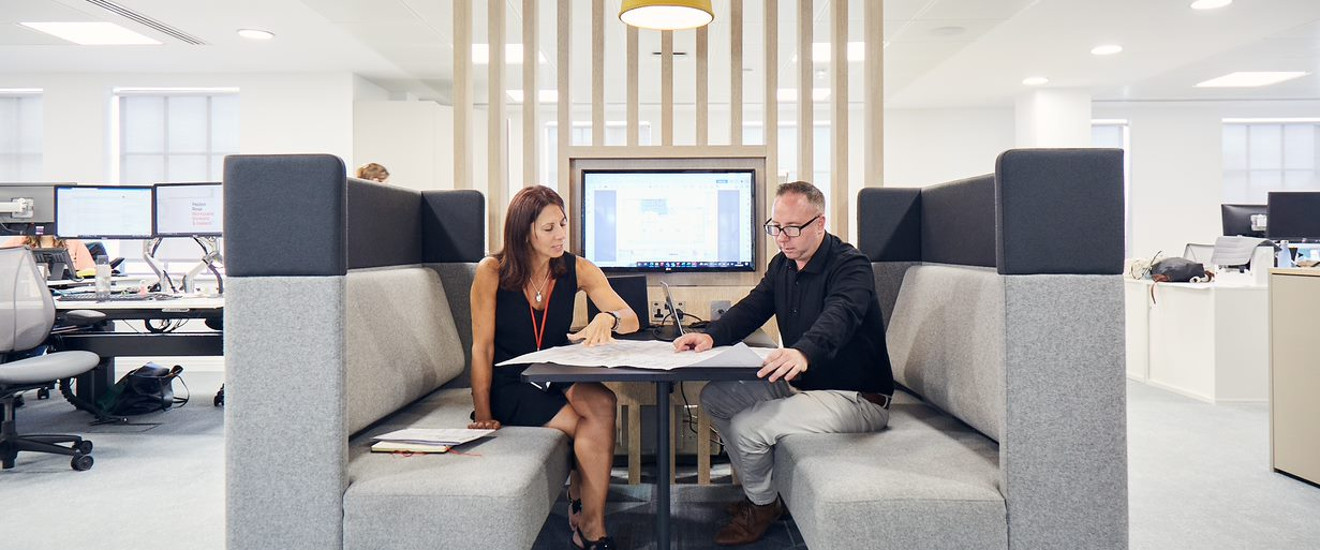Trust and autonomy boosts productivity at work

Workplace relationships that are built on trust and autonomy are integral to inspiring productivity in the workplace, but many employers struggle to provide the right resources and support that their employees need to effectively manage and implement their workload.
Our 2017 summer survey found that, although many people feel most productive in the workplace, their current culture and environment does not support the value they place on trust and autonomy. It’s clear that engagement is low across the board, and employers will need to implement changes that restore a happier, more productive workforce.
Here are four recommendations on how to build trust and give space for autonomous across all levels.
Emphasise the need for feedback
What impacts one person’s productivity and efficiency during the workday can be completely different for the next. Everyone’s needs at work are unique to them. Our research shows that employees are rarely included in discussions around companywide changes, including planned changes to their working environment or their satisfaction with their workspace.
Employers should place an emphasis on employee sentiment and give space for open dialogue about their workplace, the work that they do and how they can best work operationally. This guarantees that employees understand the rationale behind decisions, feel they are a valued part of the process and can share their ideas and opinions.
Provide the environment for employees to thrive
Although the desire to work remotely remains popular in the UK, most respondents claimed that they work most productively from their place of work and that working outside the office makes them feel disconnected, isolated, and lonely. Employers must provide the environment needed to remain motivated, coupled with the vital tools and technology needed to work with total agility in the workplace.
Create a culture of autonomy
A third of survey respondents wish they were trusted more by their employers to manage their own workload and have again stated the importance of having a culture that encourages them to work autonomously. To accommodate this desire for more independent working, employers must create an internal cultural shift that promotes trust and autonomous working, allowing staff to work where and when it suits them.
Introducing fluid connectivity between outdoor and lounge areas and IT infrastructure will promote a plug-in-and-work culture, and ultimately gives an individual the freedom to decide how they work best. Training and supporting leadership are essential, too, to ensuring that managers give back control and trust their team to deliver.
Nurture strong workplace relationships
The main contributors to employee happiness in the workplace according to the survey, are their colleagues and peers, followed respectively by a good relationship with their boss and their working environment.
Employers should promote workplace relationships by creating opportunities for interdepartmental collaboration and providing facilities that make their workplace a great place to be. Two thirds of employees say they would spend more time in the workplace if more social and functional areas like a coffee bar, gym or showers were provided.

Start your workplace transformation today.
Your workplace holds enormous potential to improve your business performance. Get in touch today, and we will unlock that potential together.
